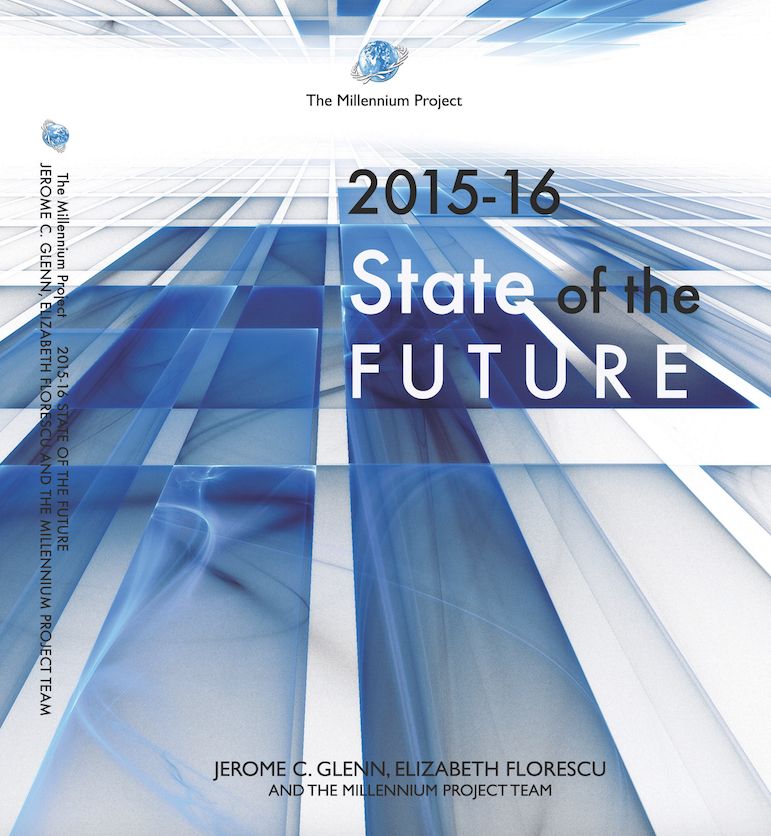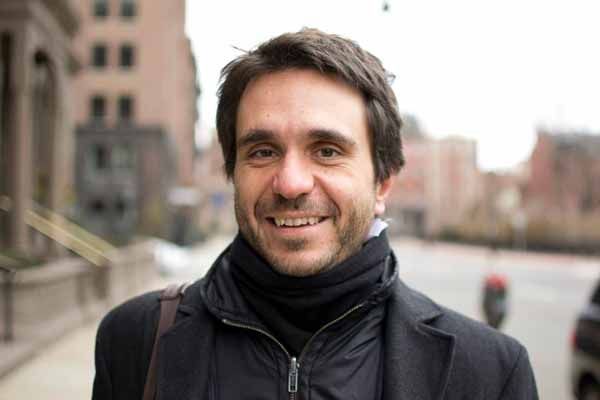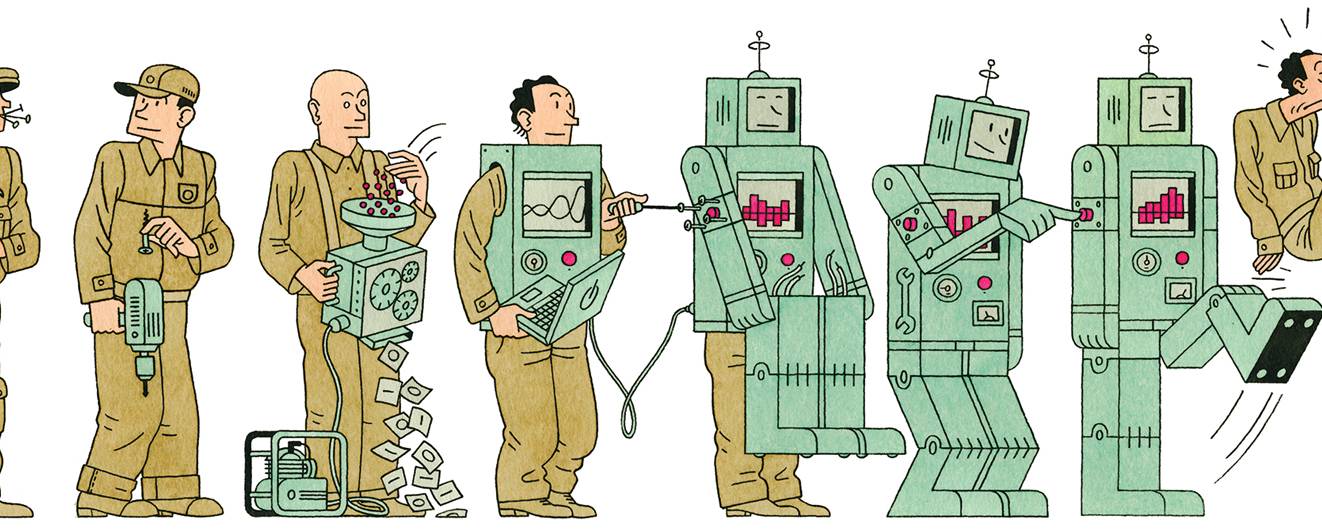Aug 6, 2015
Why Are Tech Billionaires Investing In Aging Research?
Posted by Roy in categories: biotech/medical, economics, life extension
Peter Thiel, Larry Page, Sergey Brin, Bill Maris, Mark Zuckerberg…investment in biotech by leading figures in the world of technology is reaching new heights, with the regenerative medicine market projected to reach $20 billion by 2025 and the overall anti-aging market $345.8 billion by 2018.
These forecasts combined with a recent biotech boom mean that the economic reasons for investing are becoming clear and rising demand is virtually inevitable as the proportion of older individuals continues to grow to unparalleled levels. Bill Gates may have labelled anti-aging efforts as ‘egocentric’, but the investment doesn’t appear to be due to economic reasons alone; there is also a strong humanitarian and aspirational aspect that links some of these individuals together — the desire to utilise technology to create a better society.
‘With all being from a scientific background, Page, Brin and Maris particularly are clear in their belief that science holds the key to radically improving both the human condition and the world we live in — the pinnacle of this being radically prolonging human lifespan. In a recent Bloomberg interview Maris points out we live in an era where science can make all the tools available for any audacious vision out there…To these tech billionaires, evolution is meant to be transcended, and the resources put into organ regeneration, drugs that control ageing, or reprogramming DNA reflects their conviction that people have the right to lead better lives.’
















